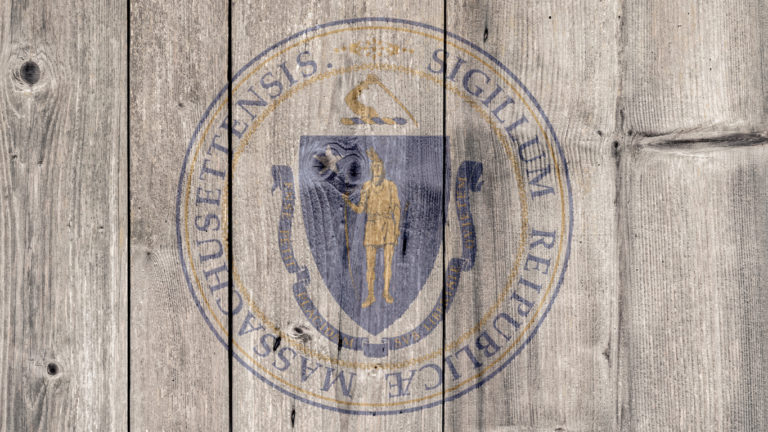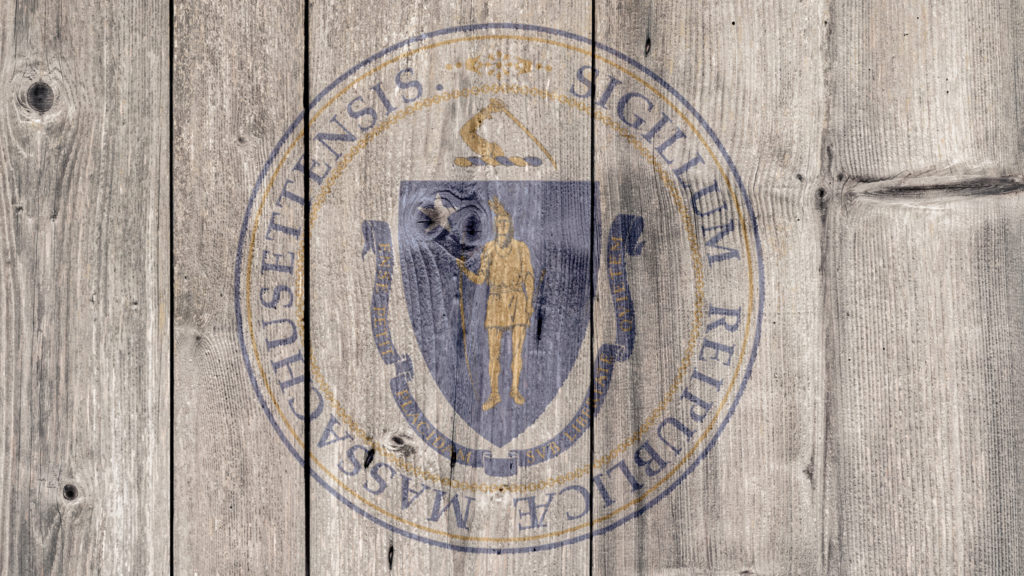Massachusetts passed budget legislation that allows eligible pass-through entities, including S corporations, partnerships, and limited liability companies (LLCs), to pay an elective excise tax on income taxable in the state. Pass-throughs may elect to pay the 5% tax on an annual basis. S corporation shareholders, partnership partners, and LLC members can claim a refundable credit for tax paid by the pass-through entity equal to the shareholder/partner/member’s proportionate share of the tax liability multiplied by 90%. What this particular piece of budget legislation ultimately does is allow taxpayers to circumvent the federal State and Local Tax (SALT) deduction limit.
The legislation is effective for tax years beginning on or after January 1, 2021, and will remain in effect until the federal limitation on the SALT deduction under IRC Sec. 164(b)(6) is repealed, expires, or becomes otherwise ineffective. The federal limitation was established by the Tax Cuts and Jobs Act in 2017 and limited individual deductions for SALT payments for taxable years beginning after December 31, 2017, and before January 1, 2026, to $10,000 ($5,000 if married filing separately).
The entity pays the 5% excise tax on Massachusetts income at the corporate level and deducts that amount as a state income tax expense in computing its federal income that is passed through to the shareholder/partner/member. Once the income flows through, the shareholder/partner/member reports it on their Massachusetts income tax return and claims a tax credit on the Massachusetts income tax return equal to 90% of their proportionate share of the tax liability paid by the entity.
Once the entity makes the election for a particular tax year, the owners of the electing pass-through entity are bound by the election, and the pass-through entity cannot change the election for that year. Deadlines for tax returns and payments are unaffected. Pass-through entity returns and payments are due on the 15th day of the 3rd month of an entity’s fiscal year or March 15th for calendar-year taxpayers.
We expect Massachusetts will issue further guidance in the coming days and weeks. The budget legislation does ask the Massachusetts Department of Revenue to establish rules specific to estates and trusts. Based on the limited information we have thus far, it appears the entity is not required to make estimated tax payments for this excise tax. We will continue to monitor the tax law and guidance for updates. If you have questions, contact me today.
by Dan Doiron, CPA, CVA

Dan Doiron has been in public accounting since his college internship with ARB in 1986. He has been a Principal since 1996 and works extensively with all types of clients to solve their compliance and tax planning issues. Dan was the May 1987 State of Maine Gold Medalist for earning the highest scores on all four parts of the CPA Examination. He is the Practice Leader of both ARB’s Business Tax Services Team and ARB’s Private Client Advisory Services Team.






